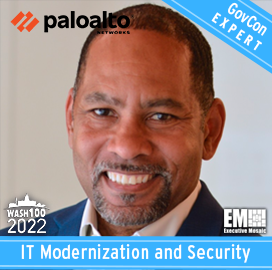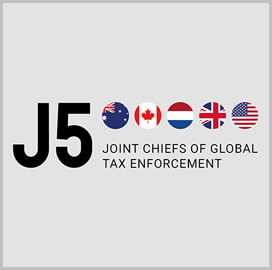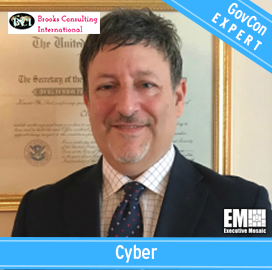The “Executive Order on Ensuring Responsible Development of Digital Assets,” released on March 9 by President Biden, made a case for the United States’ government and financial institutions to take seriously the recent and robust proliferation of digital currency. Nathan Jones, senior vice president and general manager of worldwide public sector sales and government affairs at TaxBit, has shared his thoughts on the executive order and its implications for the finance and government contracting landscape.
“The EO will be a tool that helps enable widespread cryptocurrency understanding and adoption while instilling confidence that digital assets will eventually align with traditional regulatory provisions such as broker reporting,” Jones commented.
Biden’s issuance posits a potential way forward for digital assets and the attendant distributed ledger technology into mainstream acceptance and policy but it did not codify any digital currency-related practices into law. It is, after all, the first piece of literature regarding digital assets put forward by the federal government.
“Although many policymakers historically have been hesitant to adopt digital assets, the EO is a signal that the Biden administration wants the U.S. to embrace digital assets as a source of financial innovation,” Jones said.
The TaxBit SVP also explains that the executive order highlighted the need for digital asset legislature in six categories: consumer and investor protection, financial stability, illicit finance, U.S. authority in the global financial market, financial inclusion and thoughtful innovation.
“The EO is an important step in furthering the adoption of cryptocurrency for consumers, enterprises, and businesses,” Jones remarked decisively.
Additionally, the executive order floated the idea of a U.S. central bank digital currency, as well as forewarned about the environmental costs of cryptocurrency mining, which requires high energy input. If cryptocurrency is brought into the fold on a federal level, Biden is clear that its energy usage — mostly by computers processing the necessary algorithms — must be controlled.
Jones reports that over the next several months, President Biden and his administration plan to work with various agencies to develop policies that mitigate risk and create a responsible pipeline for digital currency activities.
“The balanced whole-of-government approach is setting the tone for the overall strategy of digital asset regulation while accelerating mainstream adoption and bolstering the worldwide crypto ecosystem,” Jones concluded.











